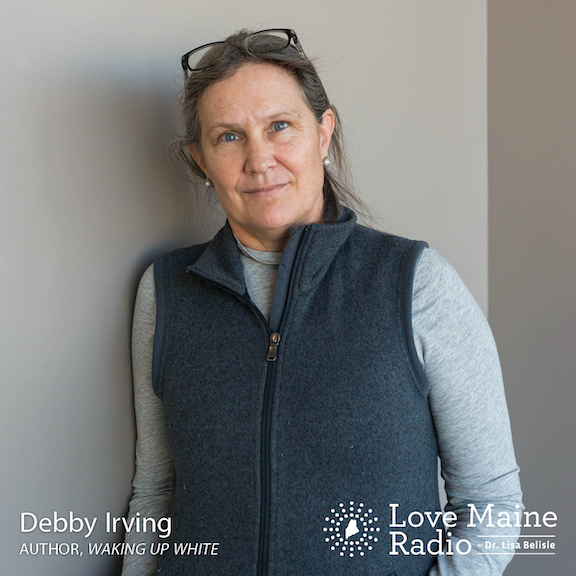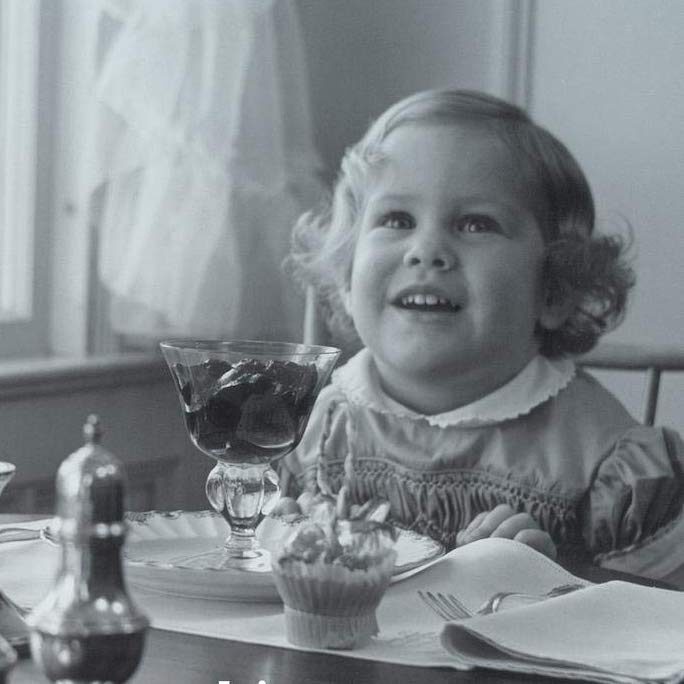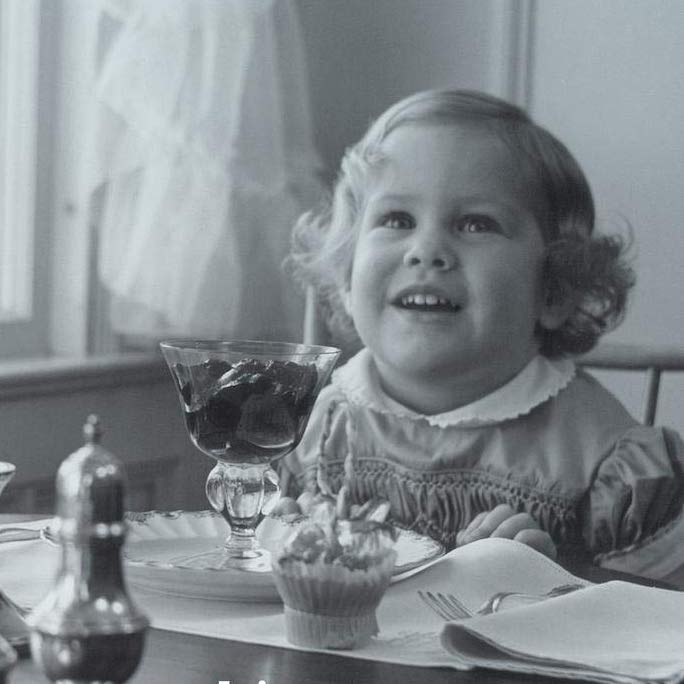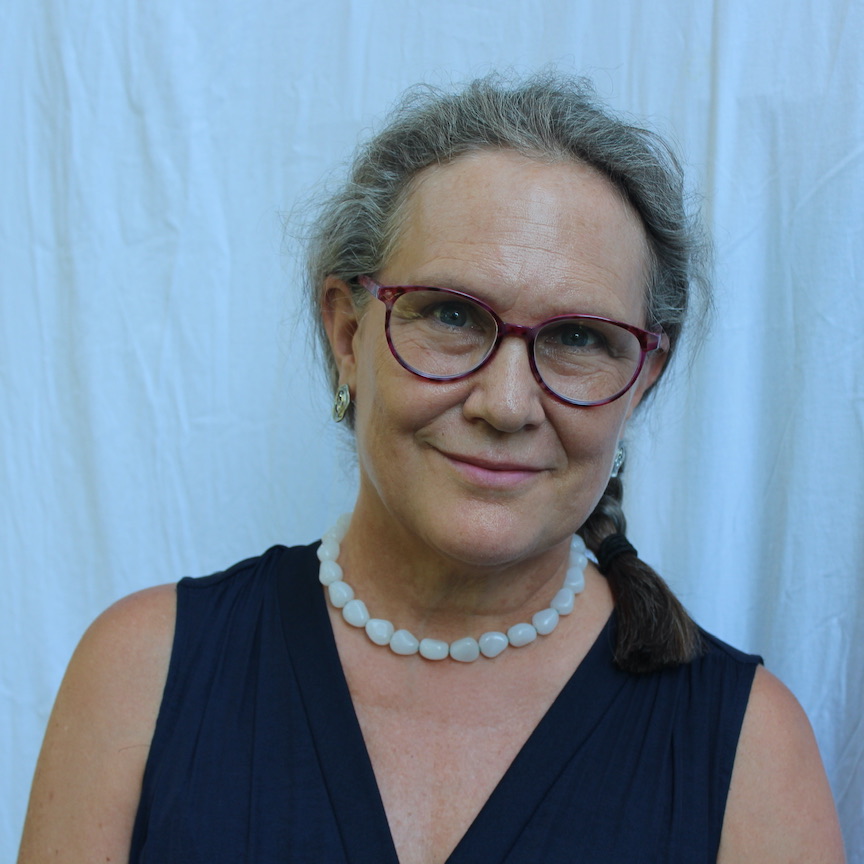Values and Commitment
“We are here to awaken from the illusion of separateness.”
~Thich Nhat Hahn
Frustrated? Stuck? Feeling Like Something is Undermining Your Best Intentions?
It’s no wonder. Racism taps into our deepest fears and longings. Understanding how it works is the key to breaking down barriers that interfere with best intentions. If you’re white, chances are you’ve been taught not to talk about race. If you’re a person of color, you may be wondering what it is that white colleagues aren’t (yet!) understanding. My aim is to increase white racial consciousness while simultaneously shifting the conversation from blame, shame, and denial to humility, self-reflection, and honest dialog. Though my focus is primarily on awakening white community members, all are welcome and the voices and perspectives of people of color are encouraged and honored. What I hear most often from people of color who attend my events is that there’s great value in bearing witness to white people doing our own work.
I’d love the opportunity to work with your community.
To book Debby, send us an inquiry.
To see current and past engagement hosts, see Debby’s schedule
Background
Inspired by my own two-steps-forward, one-step-back journey away from racial ignorance, I educate other white people confused and frustrated by racism by transforming anxiety and inaction into agency and action.
I’m a white woman, raised in Winchester, Massachusetts during the socially turbulent 1960s and ‘70s. After a blissfully sheltered, upper-middle-class suburban childhood, I found myself simultaneously intrigued and horrified by the racial divide I observed in Boston. From 1984 to 2009 my work in urban neighborhoods and schools left me feeling helpless. Why did people live so differently along racial lines? Why were student outcomes so divergent? Why did I get so jumpy when talking to a person of color? Where did the fear of saying something stupid or offensive come from, and why couldn’t I make it go away? The more I tried to understand racial dynamics, the more confused I became. I knew there was an elephant in the room, I just didn’t know it was me!
In 2009, a course at Wheelock College, Racial and Cultural Identity, shook me awake with the realization that I’d missed step #1: examining the way being a member of the “normal” race had interfered with my attempts to understand racism. What began as a professional endeavor became a personal journey as I shifted from trying to figure out people whom I’d been taught to see as “other” to making sense of my own socialization.
My book Waking Up White is the story of my two-steps-forward-one-step back journey away from racial ignorance. I continue to study racism and strategies for its undoing while working to educate other white people confused and frustrated by racism. I remember these feelings all too well and am passionate about transforming anxiety and inaction into agency and action, be it for an individual or an organization.
Background
Inspired by my own two-steps-forward, one-step-back journey away from racial innocence, I educate other white people confused and frustrated by racism by transforming anxiety and inaction into empowerment and action.
I’m a white woman, raised in Winchester, Massachusetts during the socially turbulent 1960s and ‘70s. After a blissfully sheltered, upper-middle-class suburban childhood, I found myself simultaneously intrigued and horrified by the racial divide I observed in Boston. From 1984 to 2009 my work in urban neighborhoods and schools left me feeling helpless. Why did people live so differently along racial lines? Why were student outcomes so divergent? Why did I get so jumpy when talking to a person of color? Where did the fear of saying something stupid or offensive come from, and why couldn’t I make it go away? The more I tried to understand racial dynamics, the more confused I became. I knew there was an elephant in the room, I just didn’t know it was me!
In 2009, a course at Wheelock College, Racial and Cultural Identity, shook me awake with the realization that I’d missed step #1: examining the way being a member of the “normal” race had interfered with my attempts to understand racism. What began as a professional endeavor became a personal journey as I shifted from trying to figure out people whom I’d been taught to see as “other” to making sense of my own socialization.
My book Waking Up White is the story of my two-steps-forward-one-step back journey away from racial ignorance. I continue to study racism and strategies for its undoing while working to educate other white people confused and frustrated by racism. I remember these feelings all too well and am passionate about transforming anxiety and inaction into empowerment and action, be it for an individual or an organization.
About Debby
My Approach
I find four barriers often prevent white people from effectively engaging in racial justice work. For each, I use these antidotes .
BARRIER #1: Most white people were raised on a diet of white myths such as
- the level playing field
- race as a biological certainty
- “white” as the most responsible, hardest working, intelligent race
- racism is limited to bigotry
- history taught in schools and through media is the only history I need to know
ANTIDOTE: Education that explores
- race as a social construction and “white” as a U.S. legal term
- race and class as separate and entwined
- white subsidies, e.g. land grants, Social Security, GI Bill, education
- history of racial violence, e.g. attempted indigenous genocide, Black Wall Street, Indian Boarding Schools, Jim Crow tactics
- messaging/propaganda that targets specific groups, e.g. the black brute, lazy Latino, model minority Asian
- connections between current racial events to historical racial events
BARRIER #2: Most white people who want to move the needle on racial disparities fall into a white savior mindset that believes
- the role of “good” white people is to help people of color
- the white way is the right way
- because I have achieved, I will be able to help you achieve
ANTIDOTE: Cultural Competence training that
- educates about power structures in order to dismantle them
- educates about privilege in order to disrupt it
- identifies patterns of oppression in structures and systems
- identifies patterns of oppression in our own behaviors and attitudes
BARRIER #3: Most white people have been taught to fear
- saying something offensive or ignorant
- the “PC police”
- being labeled racist
- not seen as a “good” person
- acknowledging the bias that lives within us
- feeling guilty, ashamed, or humiliated
ANTIDOTE: Resilience training that moves people from
- a rigid either/or mindset to a nuanced both/and mindset
- fearing discomfort to normalizing it as a part of growth
- avoiding internalized bias to exploring it
- focusing on self-image to focusing on group well-being
BARRIER #4: Most white people collude with white silence based on the belief that
- talking about race is rude
- being colorblind is the best way forward
- if you don’t have anything nice to say, don’t say anything at all
ANTIDOTE: Shifting conversational culture so that
- conflict avoidance is understood as a limiting cultural norm
- the conversational playing field begins to level
- historically silenced voices are valued and validated
- interrupting conversational patterns of power and privilege becomes an intentional practice




